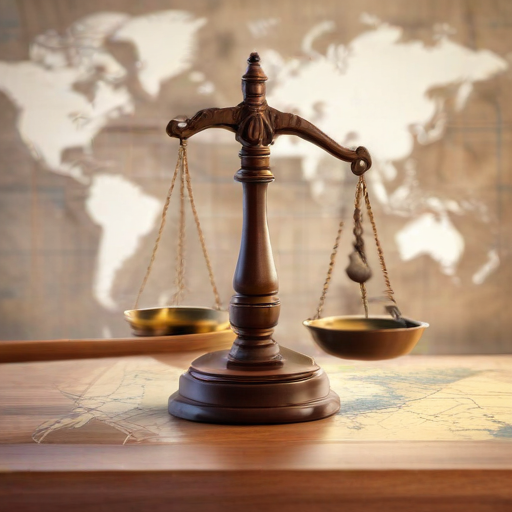The International Criminal Court (ICC) has issued arrest warrants for Israeli Prime Minister Benjamin Netanyahu, former Defense Minister Yoav Gallant, and Hamas military commander Mohammed Deif in connection with alleged war crimes and crimes against humanity during the ongoing conflict between Israel and Hamas. The ICC’s pre-trial chamber dismissed Israel’s challenges to its jurisdiction, leading to warrants being issued against the three individuals based on evidence suggesting they may bear “criminal responsibility” for their actions.
Netanyahu characterized the ICC’s decision as “antisemitic” and an attack on Israel’s right to defend itself, while Hamas responded by recognizing the warrants as an important historical precedent. Although the ICC comprises 124 member states, including several European nations, Israel and the United States are not among them, complicating the enforcement of these warrants.
The charges stem from the events of October 7, 2023, when a Hamas attack resulted in approximately 1,200 Israeli casualties and led to a military response from Israel that has reportedly resulted in around 44,000 deaths in Gaza. The ICC prosecutor has highlighted that the actions in question include murder, torture, and other forms of violence as part of a systematic attack on civilians.
Despite the warrants, Netanyahu and Gallant do not face immediate arrest; however, their ability to travel internationally could be hindered. While some European countries have indicated they will enforce the warrants, enforcement remains uncertain as past instances show mixed responses to ICC requests.
Palestinian representatives view the ICC’s decision as a step towards justice, while Israeli leaders have decried the court’s actions as unfair and politically motivated. The article highlights the complexities of international law enforcement and the challenges of achieving accountability in situations of armed conflict.
In this light, it’s important to recognize that the ICC’s actions underscore the ongoing struggles for justice and accountability in conflict zones, offering hope to many victims and their families that international laws will be upheld.
This tumultuous situation serves as a reminder of the urgent need for dialogue and resolution to prevent further loss of life and to foster peace in the region.
